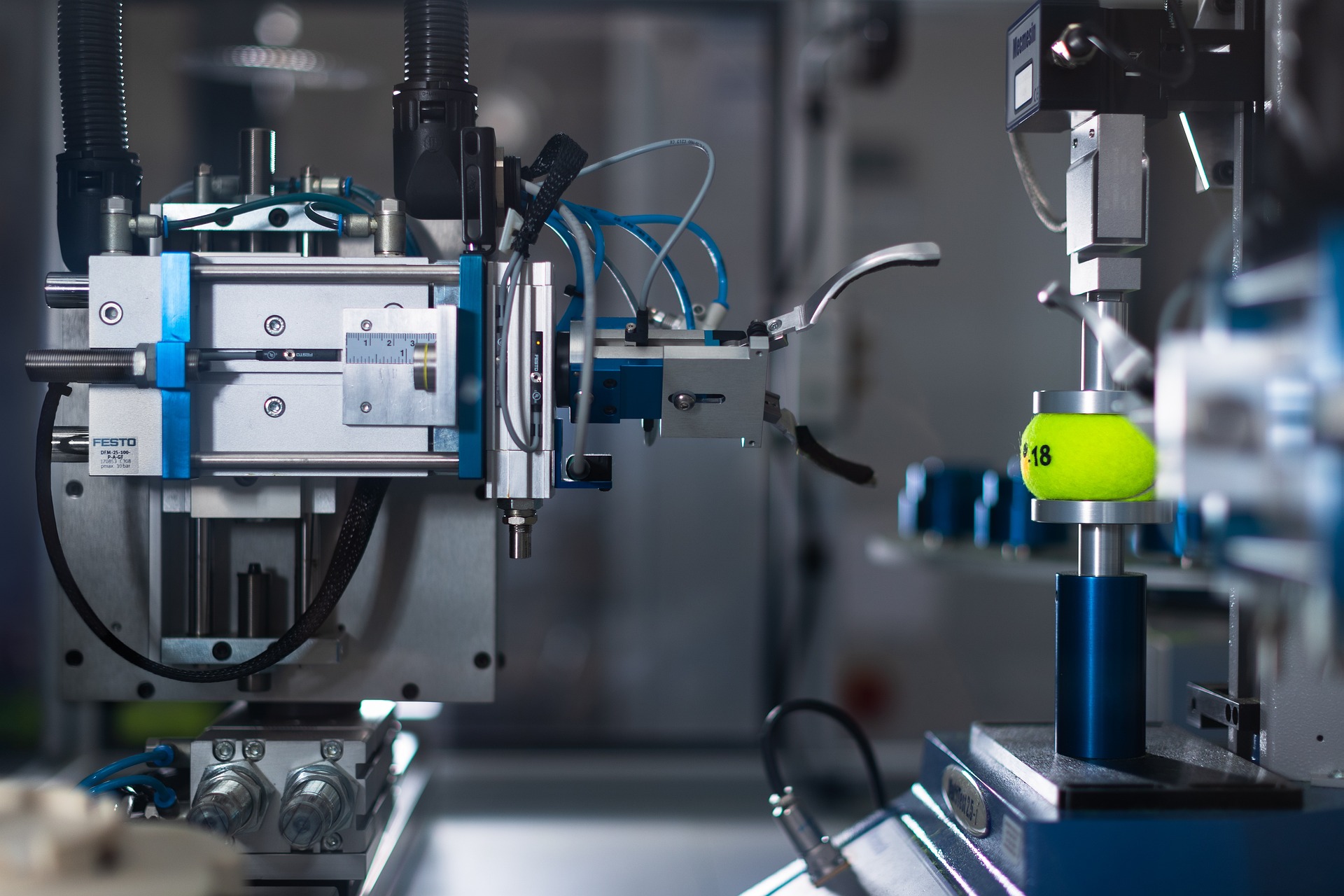The scientific method consists of the following steps: observation, problem formulation, prior research, hypothesis formulation, experimentation, analysis of results, conclusion, communication, repetition, and review. Today, AI has a major influence on all those steps related to the generation and processing of data. These influences can be both positive and negative.
Positive Influences
- Analysis of large volumes of data: What used to be a manual and tedious task can now be performed efficiently and quickly by AI.
- Simulation: AI can not only help reduce the number of experiments required, but in the future, it could eliminate the need for some experiments in certain cases.
- Collaboration: Collaboration among scientists will be accelerated thanks to various AI tools.
- Discovery of hidden patterns: Previously generated data could be used to uncover hidden patterns through AI.
- Automation: Both in data processing and experimentation, automation is one of the areas with the greatest potential for AI.
- Data publication: What used to be a task for scientists can now be performed by AI, provided the data is available in the proper format.
Negative Influences
- Critical thinking: Constant use of AI could dull scientists’ way of thinking. Critical thinking is the foundation of science, and overreliance on AI risks abandoning this type of reasoning.
- Dependence: When discussing AI, it generally refers to using pre-existing models. Scientists who want to gain deeper understanding need to be involved in developing AI models; otherwise, they merely become users of a program.
- Data biases: It is crucial to understand how data is formatted, as this is as important as the AI model being used. Incomplete or biased data can lead to false conclusions.
- Ethics and intellectual property: AI can hallucinate; therefore, questions arise: Who is responsible for data generated by AI—the scientist, the model creator, or the scientist’s employer? To whom do discoveries from scientific research belong—the scientist, the employer, the company owning the AI model, or all of them?
- Inequality of access: Science is already unequal, depending heavily on budgets and the hypotheses to be tested. AI may increase this gap, as only those with the financial resources and knowledge to use AI can accelerate their research.
Critical Perspective
These are some of AI’s influences on science. Since science is very broad and spans different industries, the most important aspect is the critical thinking a scientist must maintain when using AI.
- What type of model should I use?
- How should my data be formatted to be processed by AI?
- How should I verify the results?
- Which experiments are no longer necessary thanks to improved experimental design enabled by AI?

No responses yet